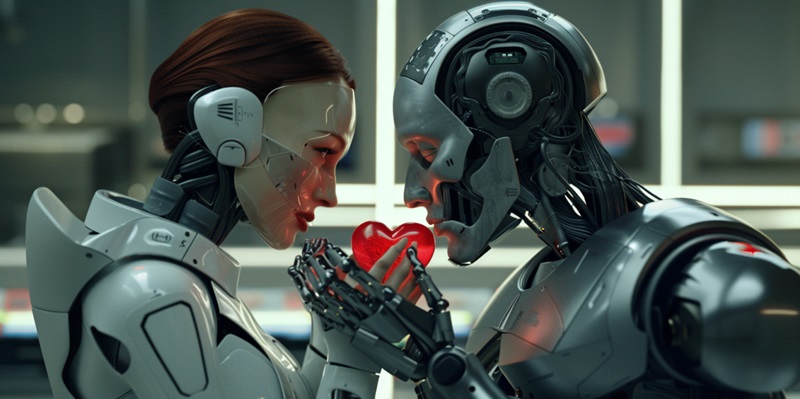The quest for companionship is an age-old human pursuit. In our modern world, digital technology and the rise of artificial intelligence (AI) are transforming the ways in which we seek and establish romantic connections. As AI systems become more sophisticated, they are increasingly being leveraged to analyze user data and behavior to predict compatibility. Consequently, the dynamic landscape of love and dating is on the cusp of a new evolution—one where algorithms may play the role of Cupid.
AI-Driven Compatibility Insights
The implementation of AI in the dating scene is a game-changer in terms of how individuals can find potential partners. AI algorithms are being designed to dissect enormous amounts of data, including personal interests, communication styles, and life goals, to provide a means of matching people not just on the surface level, but on a deeply compatible basis. This scientific approach to romance aims to reduce the randomness and challenges associated with traditional dating. Users may find themselves engaged in more meaningful conversations and interactions, poised to discover a connection that potentially stands the test of time.
Moreover, the strides made in natural language processing enable AI to comprehend and mimic human emotional intelligence. This leap forward presents dating platforms with the unique opportunity to refine their matchmaking algorithms continuously. As users interact with the AI and each other, these systems learn and adapt, striving to create increasingly accurate matches. The digital era has seen data-driven decision-making become a staple in various industries, and the domain of love and dating is no exception. As more people grow comfortable with sharing their personal information, AI’s potential to impact this intimate aspect of life seems inexorable.
Digital Love Assistants
Throughout history, humans have sought companionship, a quest that remains unchanged even as the means to find it evolve. Today, digital innovations and artificial intelligence (AI) are reshaping how we pursue romantic relationships. AI advancements allow for a detailed analysis of user preferences and interactions, facilitating a matchmaking process based on data-driven compatibility predictions. As AI grows more adept, the prospect of finding love is increasingly influenced by algorithms with the ability to sift through personal nuances at a scale unattainable by humans alone. This shift is ushering in a new era of romantic connection, where technology plays matchmaker, guiding us towards potential partners with a precision that was once the realm of fate. The intersection of technology and human desire has created a modern-day Cupid, one that might not wield a bow and arrow, but uses vast streams of data to create a tapestry of love in the digital age.

